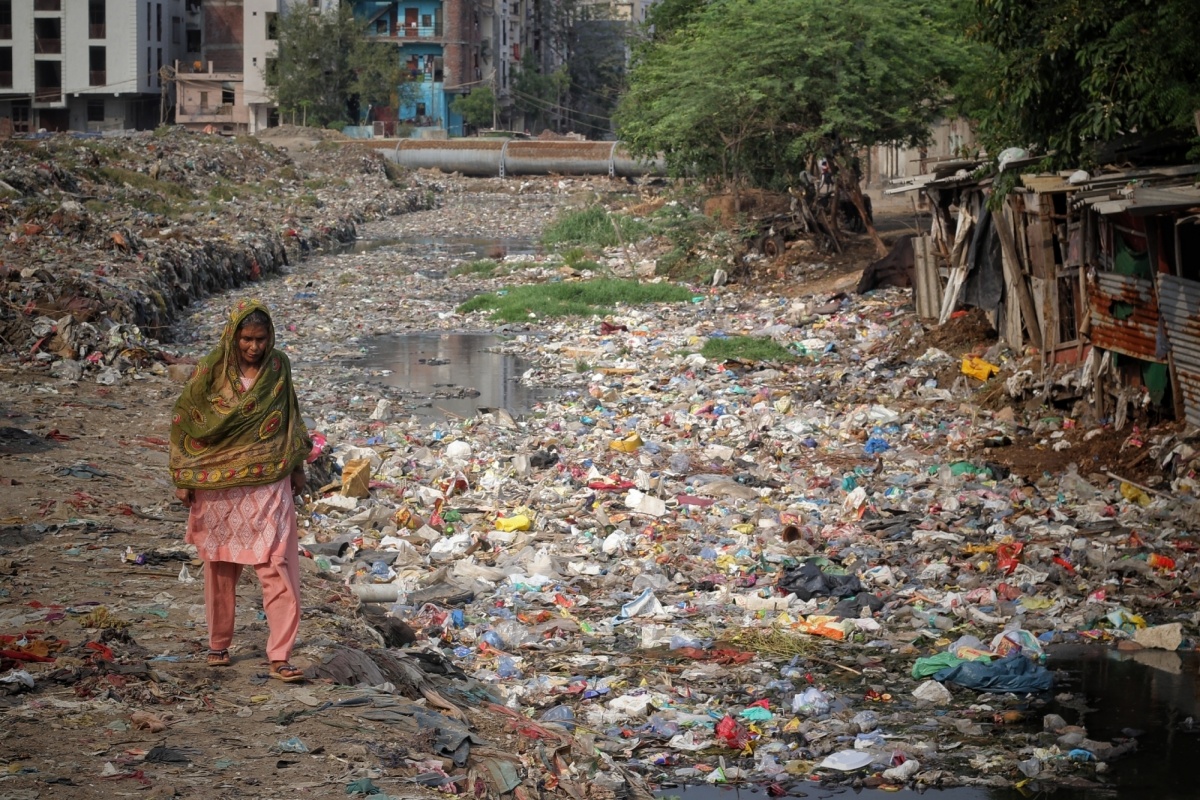World Environment Day raises global concern and cautiously celebrates the flora and fauna that is led by the United Nations Environment Programme UNEP every year.
Since 1974, it has become the largest global platform for environmental outreach.
Advertisement
World Environment Day is celebrated to encourage millions of people around the world about the environment and it engages them in the efforts to protect and rejuvenate the earth.
This year, World Environment Day 2023 is hosted by Côte d’Ivoire (West African country) and the theme of this year’s Environment Day is ‘Solution to plastic pollution’ This year marks the 50th year of World Environment Day.
United Nations General Assembly in 1972 inaugurated World Environment Day on the first day of the Stockholm Conference On the human environment. Two years later, in 1974 the first WED was paired with the theme ‘only one earth’.
This year’s theme is “Solution to plastic pollution.”
The world is being inundated by plastic. More than 400,000,000 tonnes of plastic is produced every year half of which is designed to be used only once from which Less than 10 per cent is recycled. An estimated 19 to 23,000,000 tonnes of it ends up in lakes, rivers, and seas. Today plastic logs or landfills in the oceans and changed form into toxic smoke, making it one of the greatest threats to the planet.
Not only that, another lesser known fact is that the micro-plastics — tiny plastic particles up to 5mm in diameter are now present in our food, water even the air. It is calculated that each person on the earth eats up more than 50,000 plastic particles per year and much is even inhaled. It is not surprising that plastic is so common in every place as it is relatively cheap to produce, durable, flexible, and easy to transport.
Made from fossil fuels it began to be mass-produced during the Second World War. As fossil fuels extraction fed plastic production everything from household appliances to medical devices were produced using plastic. Around the world, one million plastic bottles are purchased every minute, while up to 5,000,000,000,000 plastic bags are used worldwide every year. In total, half of all plastic produced is designed for single- use and is used just once and then thrown away.
The rate of plastic production has grown the most since 1970s compared to any other material. If these trends will continue global plastic production will surpass and reach 1100 million tonnes by 2050.
This year’s Environment Day is a reminder that people’s actions on plastic pollution matter. The steps the government and businesses are taking to tackle plastic pollution are the consequence of this action. It is time to accelerate this action and transition to the circular economy. The good news is that we have science and solutions to tackle the problem and a lot is already happening what is needed most now is a search for public and political pressure to scale up and speed up action from governments, companies, and other stakeholders to solve this crisis.
